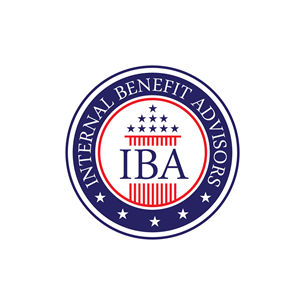- November 14, 2019
- Posted by: karren DiLevi
- Category: Finance & accounting


I recently was contacted by a retired federal employee. Who wanted to take money out of his TSP for medical hardship reasons. And wondered if he would be hit by the 10% early withdrawal penalty.
He had left federal service on disability prior to the year in which he turned the age of 50. Generally, if you separate from federal service before the year in which you turn 55. You will be liable for a 10% early withdrawal penalty. For anything, you take it out before reaching the age of 59 ½. This does not refer to the year in which you turn 59 ½. But the actual day you turn that age. For certain special category employees (as defined in H.R. 2146), the age is 50, rather than 55. So, whether or not this individual was a special category employee. They were looking at the early withdrawal penalty – unless they met one of the exceptions.
Exceptions to the early withdrawal penalty for employer-sponsored plans like the TSP are different. From the exceptions that are granted to the holders of Individual Retirement Arrangements (IRAs). I think that those in Congress who write the tax law deliberately make it difficult for those of us. Who are not attorneys or CPAs – I dare you to differ with me on this observation.
So, the exceptions to the 10% early withdrawal penalty that apply to the TSP are:
1) Annuity payments (they are referring to TSP annuities);
2) Automatic enrollment refunds;
3) Withdrawals that are made as a result of a total and permanent disability. (you must support your claim of disability; the TSP won’t do it for you);
4) Withdrawals made because of death (you won’t care);
5) Withdrawals made from a beneficiary participant account (once again, you won’t care);
6) withdrawals made in a year when you have deductible medical expenses that exceed 10% of your adjusted gross income. (7.5% if either you or your spouse is 65 or over);
7) Withdrawals that are ordered by a domestic relations court
8) Withdrawals that are paid as substantially equal payments over your life expectancy.
It is possible that the individual who contacted me could meet the disability exception or the medical expense exception. Only he and his accountant know for sure.
It’s not easy to qualify for these exceptions. If you find yourself in a situation similar to the person who contacted me. Seriously consider whether there are other sources of income that don’t have penalties. Associated with them where you can get the money you need.25
To see the full article written by John Globe and published in Fedweek magazine, click here.

